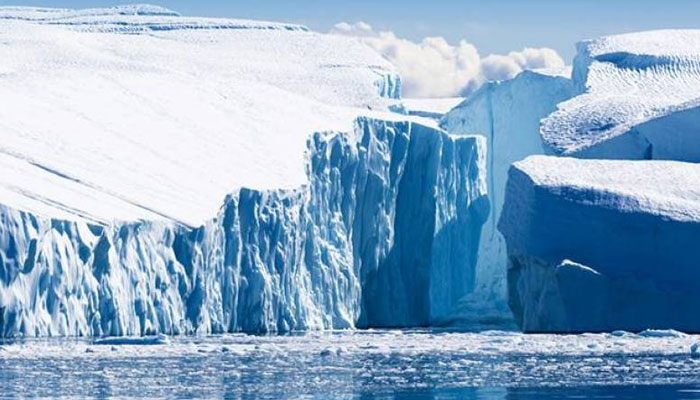Heatwave grips Siberia, setting temperature records, fueling wildfires
Last Saturday, Jalturovosk, a town in Siberia, experienced its hottest day with 37.9 degrees Celsius
June 09, 2023

Siberia is currently in the grips of an unprecedented heat wave, shattering numerous temperature records and subjecting the region to scorching temperatures exceeding 100 degrees Fahrenheit (37.7 degrees Celsius). This extreme heat event is occurring early in the month of June, indicating the alarming nature of the conditions.
Last Saturday, Jalturovosk, a town in Siberia, experienced its hottest day on record, with temperatures reaching a sweltering 37.9 degrees Celsius (100.2 degrees Fahrenheit). According to climatologist Maximiliano Herrera, who monitors extreme temperatures worldwide, an array of heat records has fallen since then, exacerbating the intensity of the heat wave.
On Wednesday, the situation escalated further as several all-time heat records were broken across Siberia. Baevo recorded a scorching 39.6 degrees Celsius (103.3 degrees Fahrenheit), while Barnaul witnessed temperatures as high as 38.5 degrees Celsius (101.3 degrees Fahrenheit). Some of these weather stations have amassed temperature data for five to seven decades, emphasising the exceptional nature of the current heat wave.
Scientific analysis is likely to investigate the role of climate change in this event, but it is well-established that global warming contributes to more frequent and extreme temperature occurrences, particularly in higher latitudes. In fact, a study conducted by an international team of scientists concluded that the intense and prolonged heat wave experienced in 2020, which led to Verkhoyansk in Arctic Siberia reaching 100.4 degrees Fahrenheit (38 degrees Celsius), would have been nearly impossible without human-induced climate change.
Siberia, known for its notable temperature fluctuations, has been witnessing a pronounced warming trend in recent decades. Omar Baddour, chief of climate monitoring and policy services at the World Meteorological Organisation, highlights Siberia as one of the fastest-warming regions on the planet, with an alarming increase in the intensity of hot extremes.
Moreover, Samantha Burgess, deputy director of the European Union's Copernicus Climate Change Service, warns that the severe heat waves in Siberia pose significant consequences for both people and nature. She stresses the urgent need to curtail greenhouse gas emissions to prevent the escalation of such heat events.
As Siberia grapples with the heat wave, it also faces the devastating impact of wildfires, a common occurrence during the Northern Hemisphere's wildfire season. Additionally, other regions in Central Asia, including Turkmenistan, China, Uzbekistan, and Kazakhstan, are also enduring record-breaking heat, underscoring the historic nature of the ongoing heat wave.











